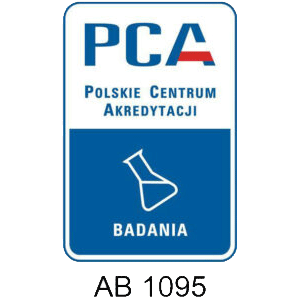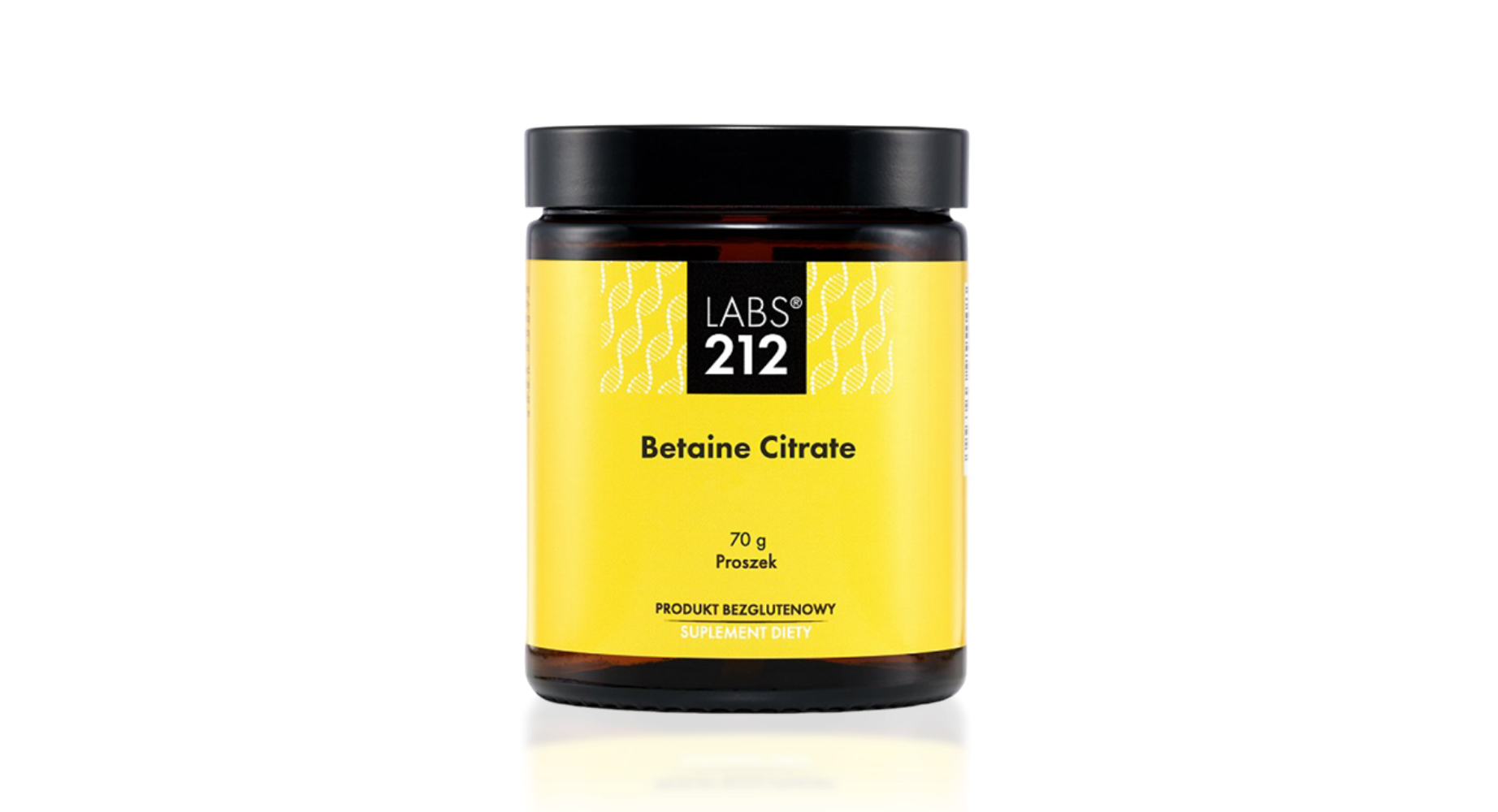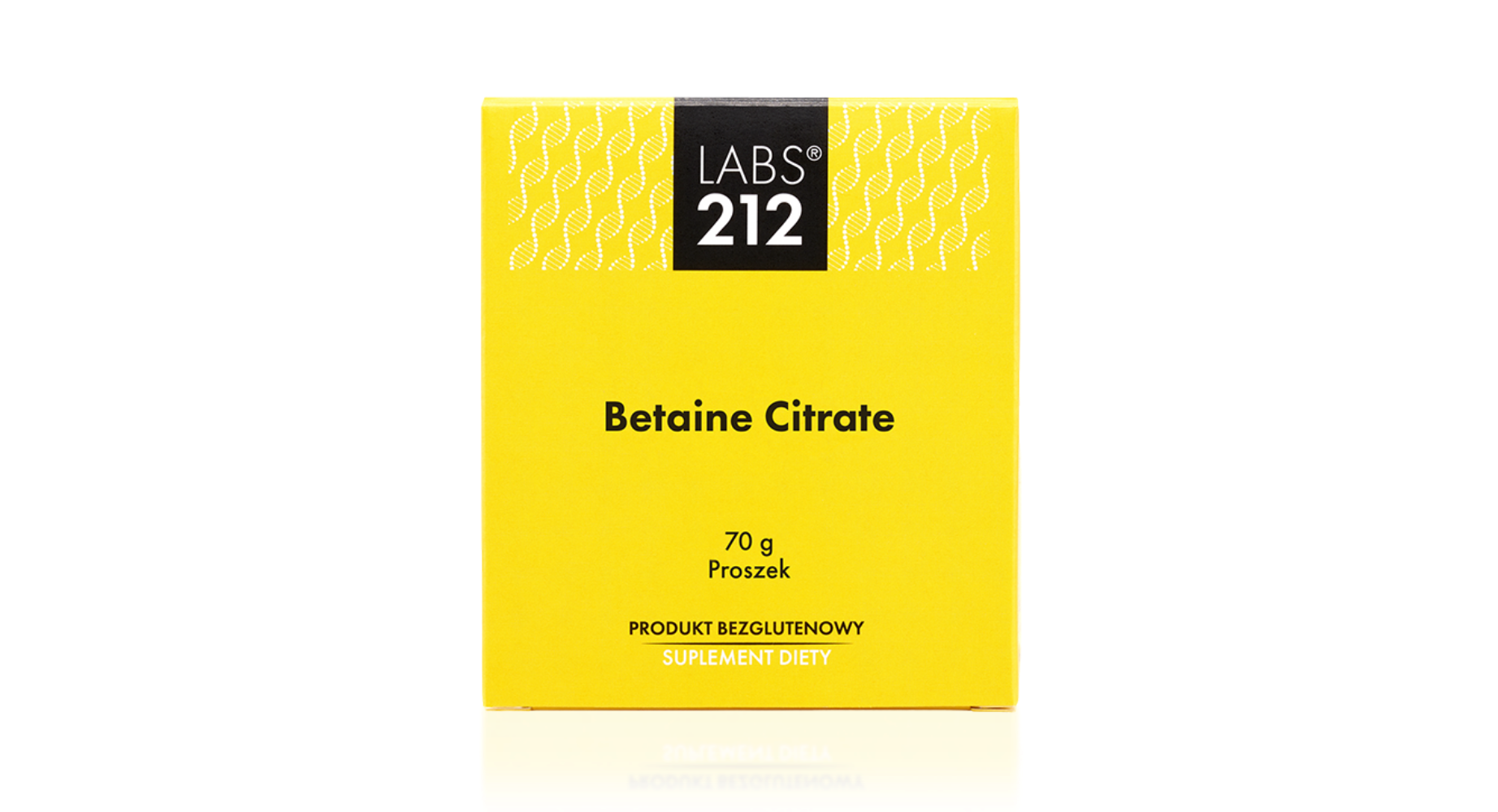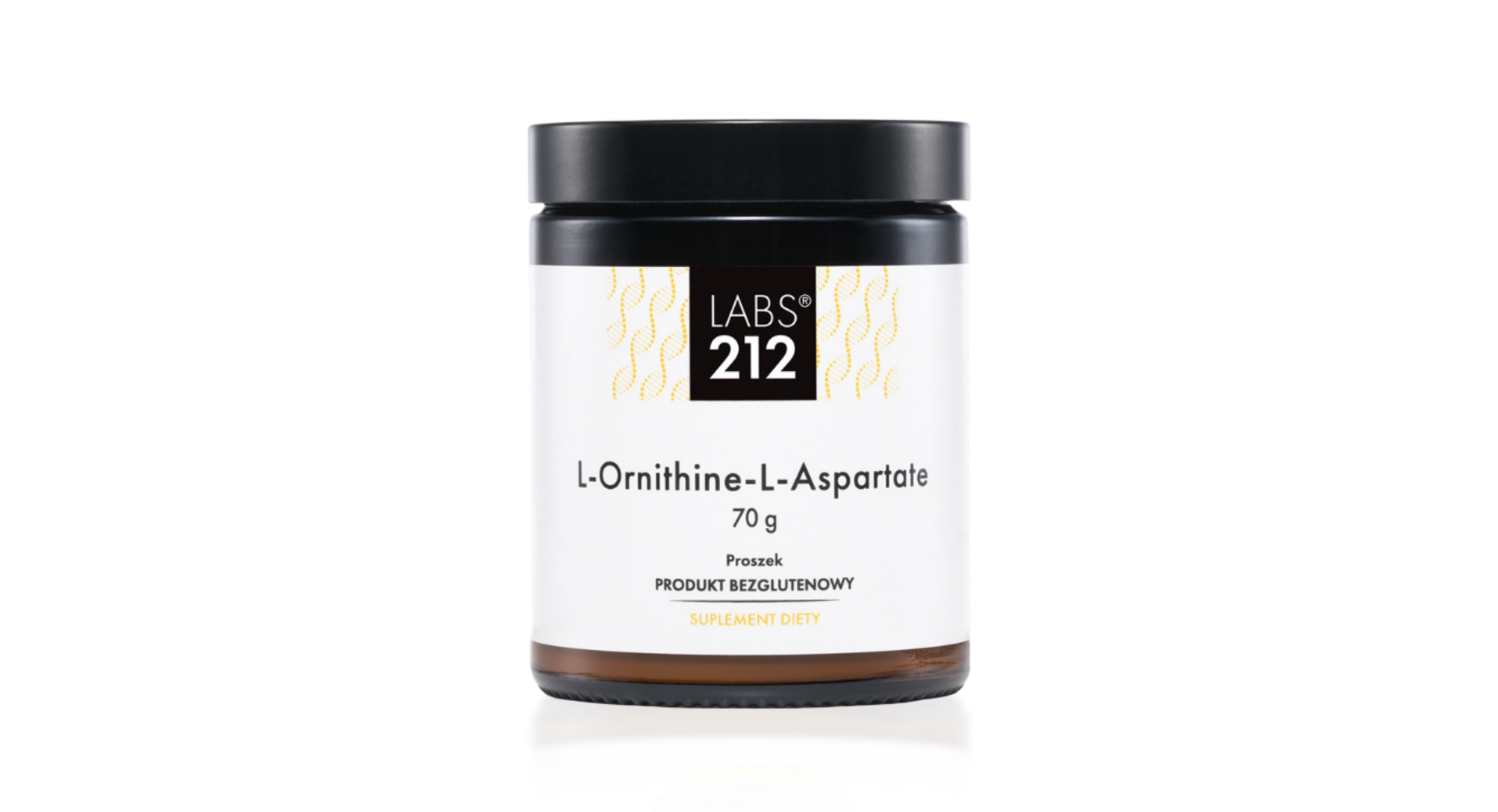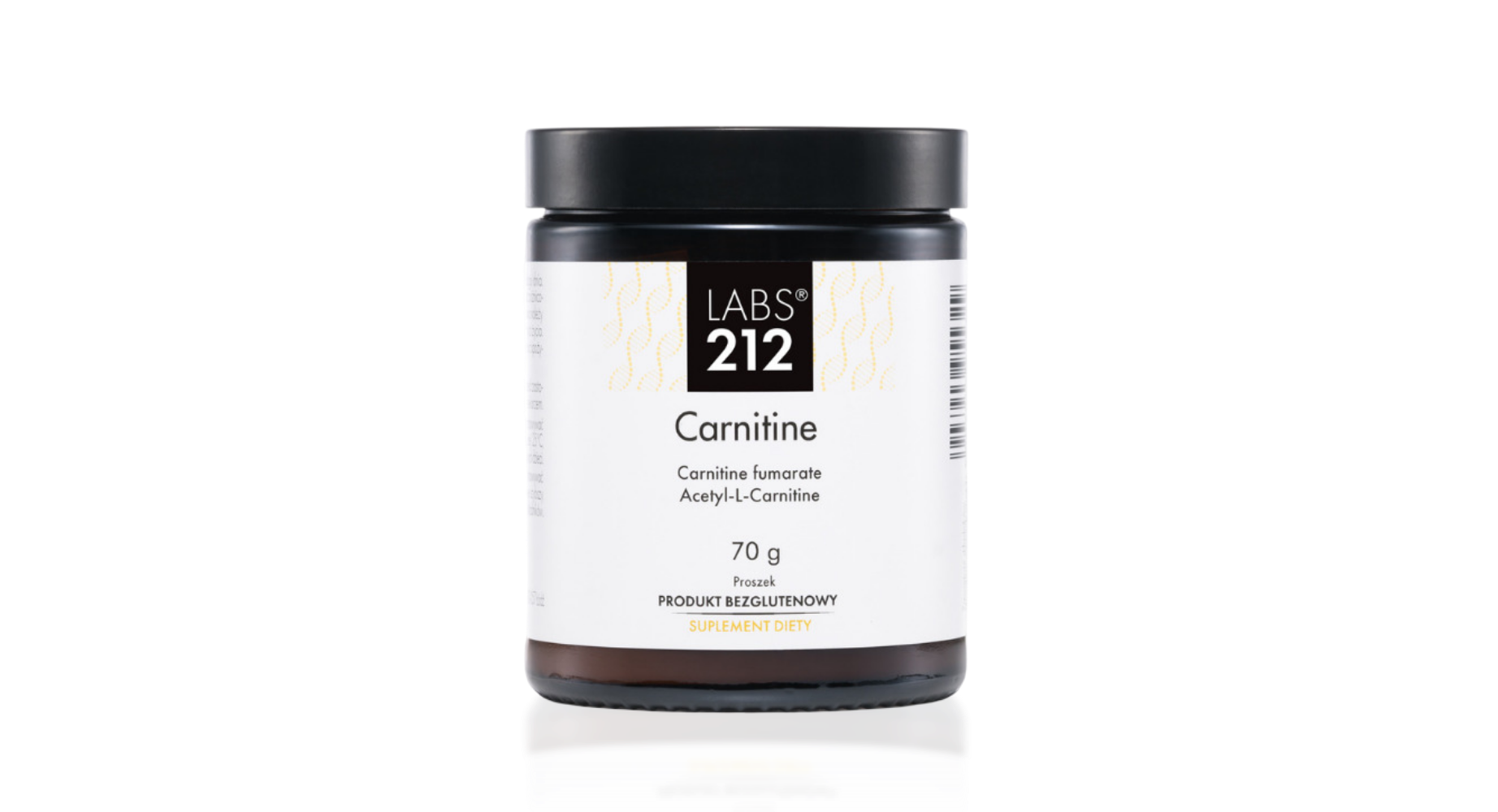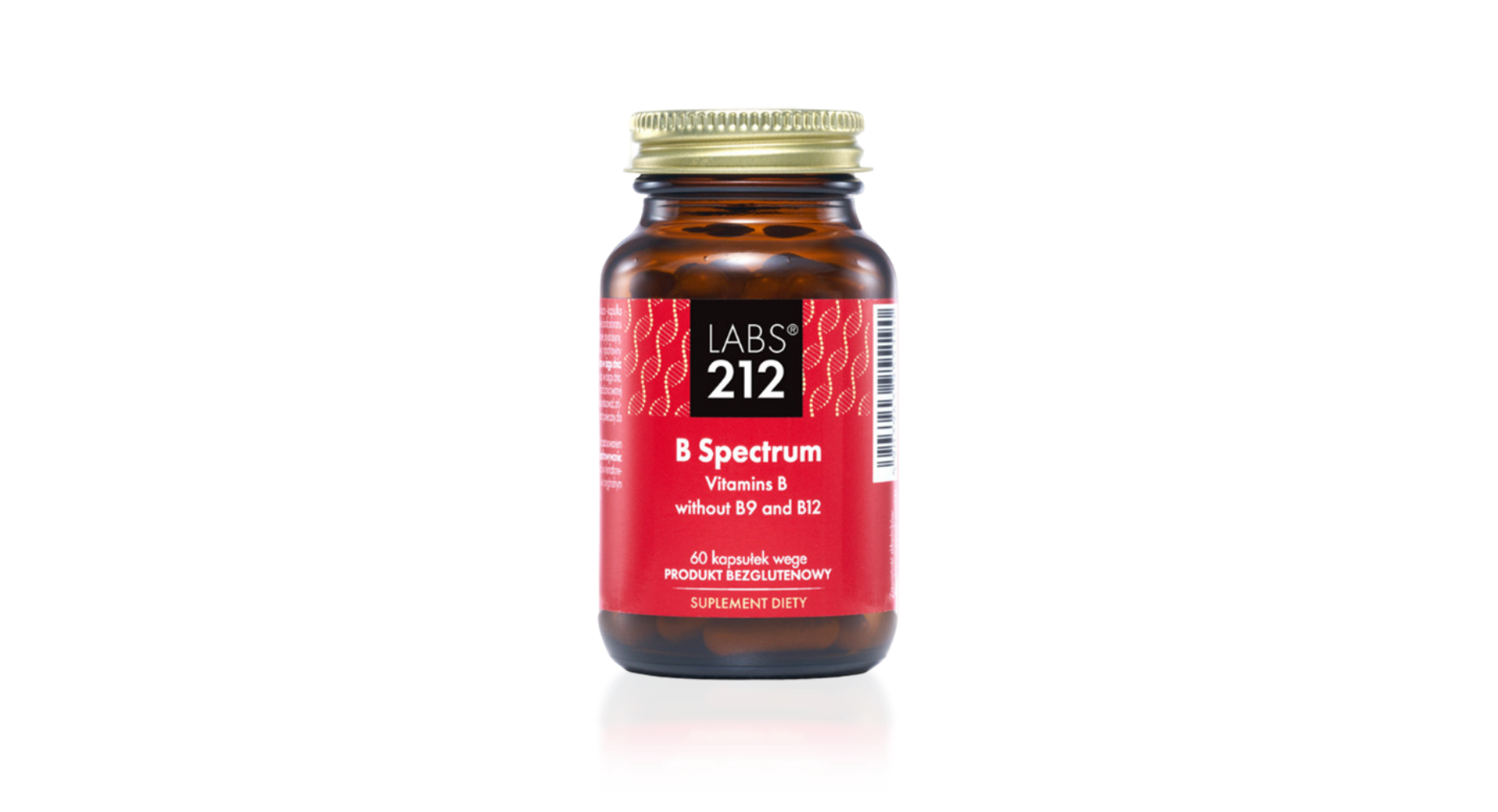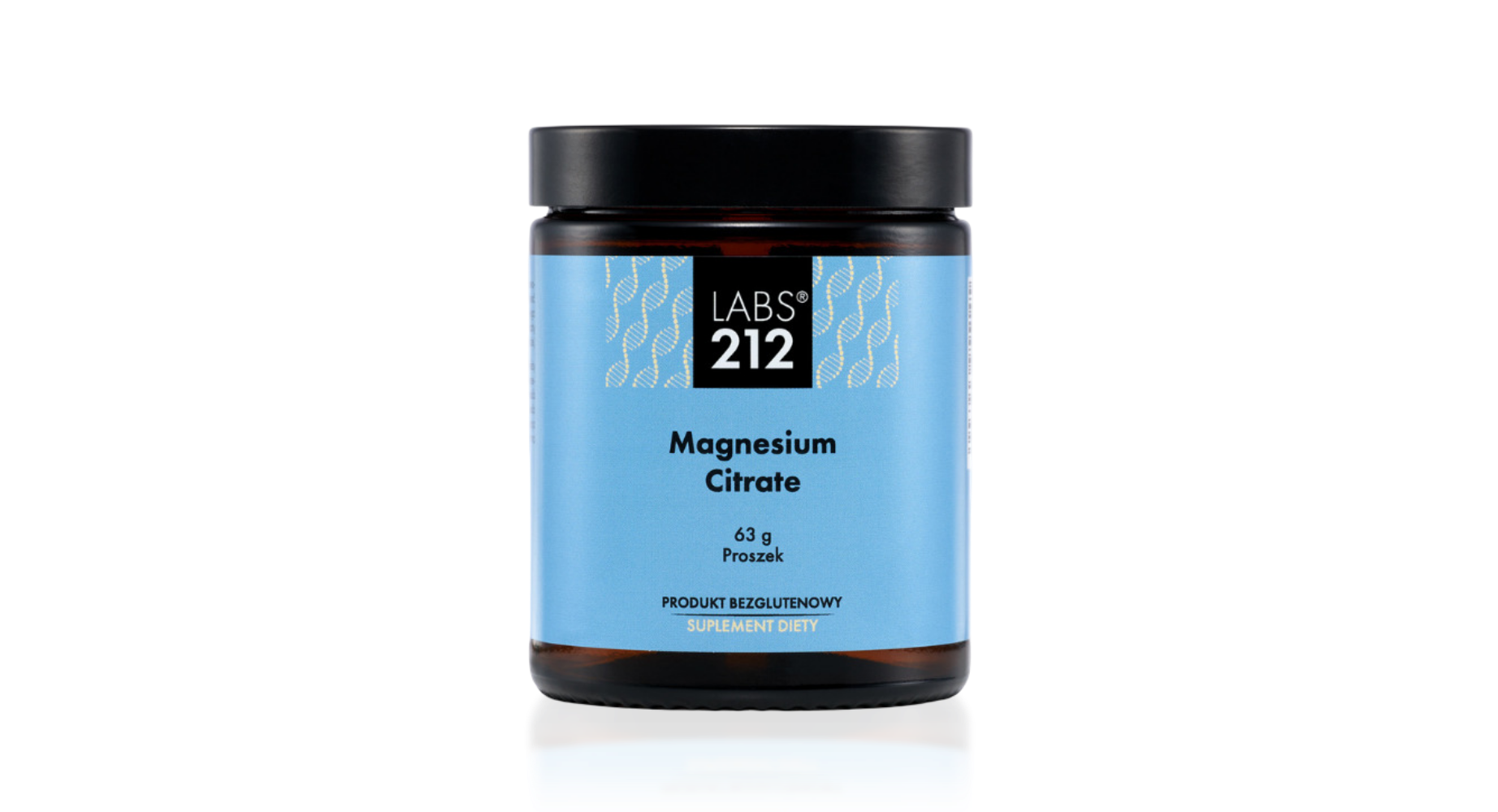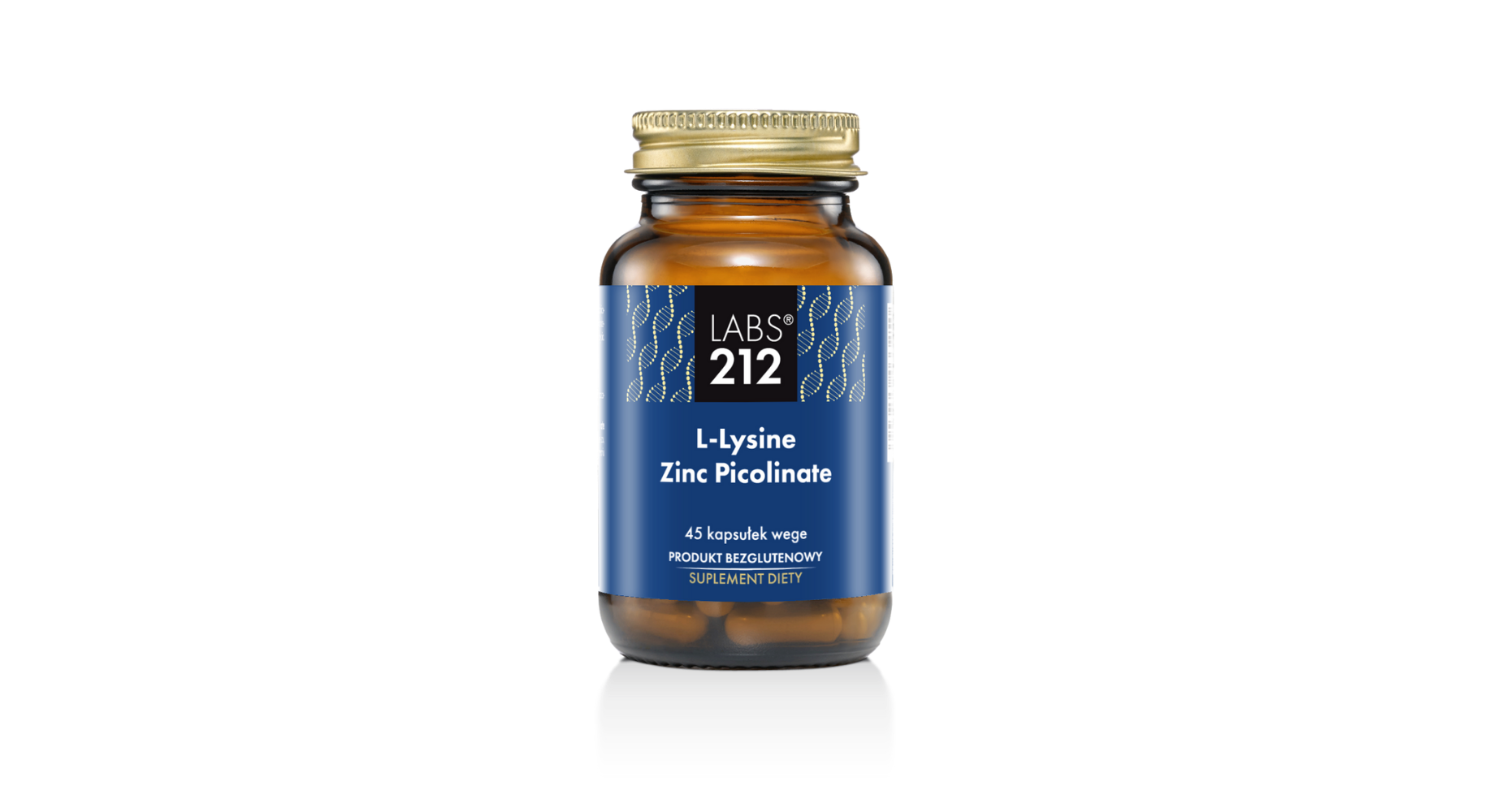Safe shopping guarantee. You will receive your product or your money back. See details
Dietary supplement
Betaine citrate
Helps maintain normal homocysteine metabolism
Tested microbiologically, for heavy metals and ethylene oxide
Servings per container: 140
Out of stock
Price per 100 g: 142,84


Previous lowest price was 99,99 zł.
Comprehensive support for the digestive system. Provided in powder form. Helps maintain normal homocysteine metabolism.
Dietary supplement
Betaine citrate
Helps maintain normal homocysteine metabolism
Tested microbiologically, for heavy metals and ethylene oxide
Servings per container: 140
Out of stock
Previous lowest price was 99,99 zł.
Price per 100 g: 142,84


Safe shopping guarantee. You will receive your product or your money back. See details
Betaine citrate is a dietary supplement provided in powder form. It is intended for adults as a supplement to the daily diet with betaine citrate.
Betaine:
- contributes to maintaining proper homocysteine metabolism,
- supports heart health and the vascular system.
| Ingredient | Amount per daily serving 500 mg (corresponding to 1 measuring cup) |
| Betaine citrate | 500 mg |
Ingredients: Betaine Citrate.
Gluten-free.
Net weight: 70 g
Take 500 mg (corresponding to 1 measuring cup provided with the container).
Do not exceed suggested use. A varied diet and a healthy lifestyle are necessary to maintain good health. Dietary supplements should not replace a varied diet. The product is recommended for adults. The product is suitable for vegans.
Warning: do not use the product if pregnant or nursing. Do not use the product if you are predisposed to kidney stones or suffering from kidney stones.
As with other enzymes or iron substances, we recommend brushing the teeth thoroughly after consumption of the supplement.
Organoleptic properties: white acidic powder with a crystalline texture, high water solubility.
Keep away from the sun at a temperature below 25°C, in original packaging out of reach of small children. Store the product in a dry place. Exposure to moisture will make the product clump faster. Clumping does not affect the properties of the substance.
Production lot number / Best before – the information is provided on the unit label (left side of the label).
Batch tests performed towards:
- Microbiology: the presence of listeria, staphylococcus, Escherichia coli and coli groups, salmonella, total microbial count,
- heavy metals (arsenic, cadmium, lead, mercury),
- ethylene oxide and 2-chloroethanol,
- gluten content.
The tests were carried out at the independent, accredited Laboratorium GBA Polska – Certificates of Accreditation no: AB 1095.


